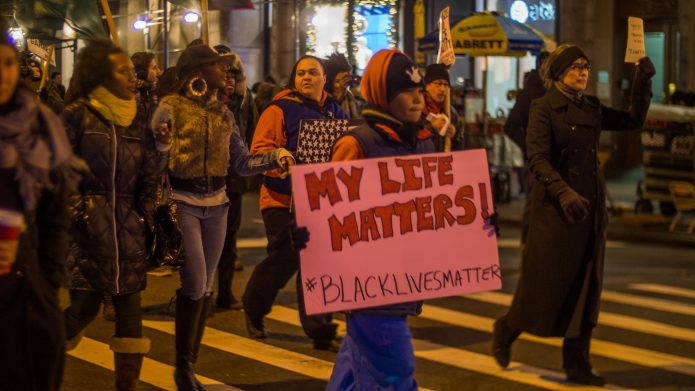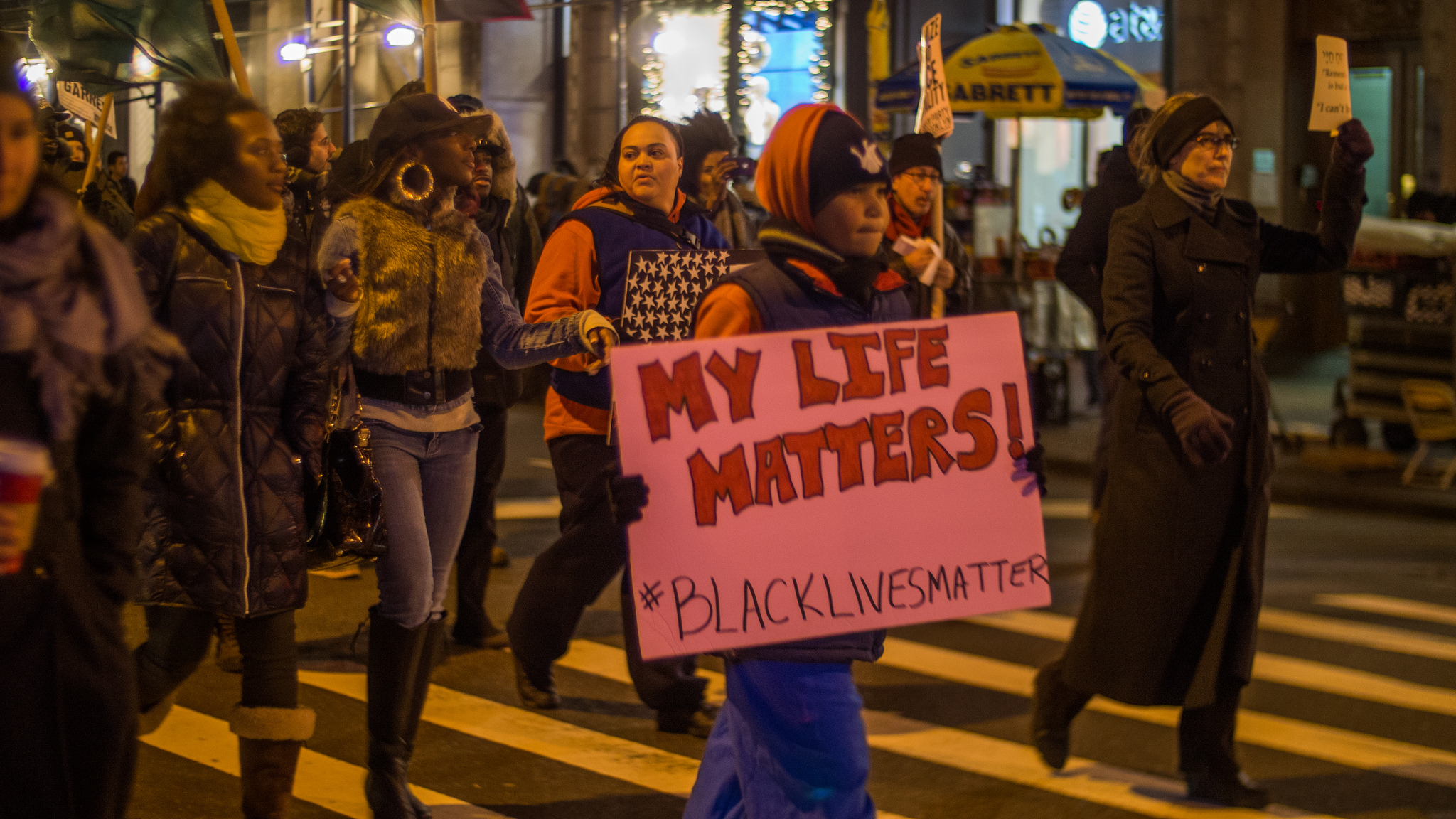
Ella / Flickr
On March 18, Stephon Clark was shot and killed by law enforcement officers in his grandparents’ backyard in Sacramento, California. Officers claimed they saw a gun in Clark’s hand. He was actually carrying a cell phone. In the heat of the moment, the police officers had the presence of mind to turn off the audio on their body cameras, but not to discern a cell phone from a gun. The officers discharged 20 bullets in Clark’s direction; he was shot eight times.
Clark’s family called upon the district attorney’s office to file criminal charges against the officers involved in Clark’s death. The California Department of Justice and the Sacramento County District Attorney have since launched an investigation into the incident. Sequita Thompson, Clark’s grandmother, insisted, “I want justice for my baby. I want justice for Stephon Clark.”
Justice for the black victims of police shootings has been hard to come by. In late March, the Louisiana state attorney general announced that no criminal charges would be filed against the two officers involved in the shooting death of Alton Sterling.
Can the criminal justice system, which encompasses the network of entities tasked with arresting, prosecuting, sentencing, and punishing those accused and convicted of crimes, continue to be known as the justice system when historically it has failed to provide justice for all?
Black Americans’ interactions with the system provide some insight.
…
